
- Article
- Article
Words of hope and anger
Author and spoken word poet Penny Pepper remembers her childhood dreams, and speaks out against the barriers society uses to prevent disabled people from fulfilling their potential.
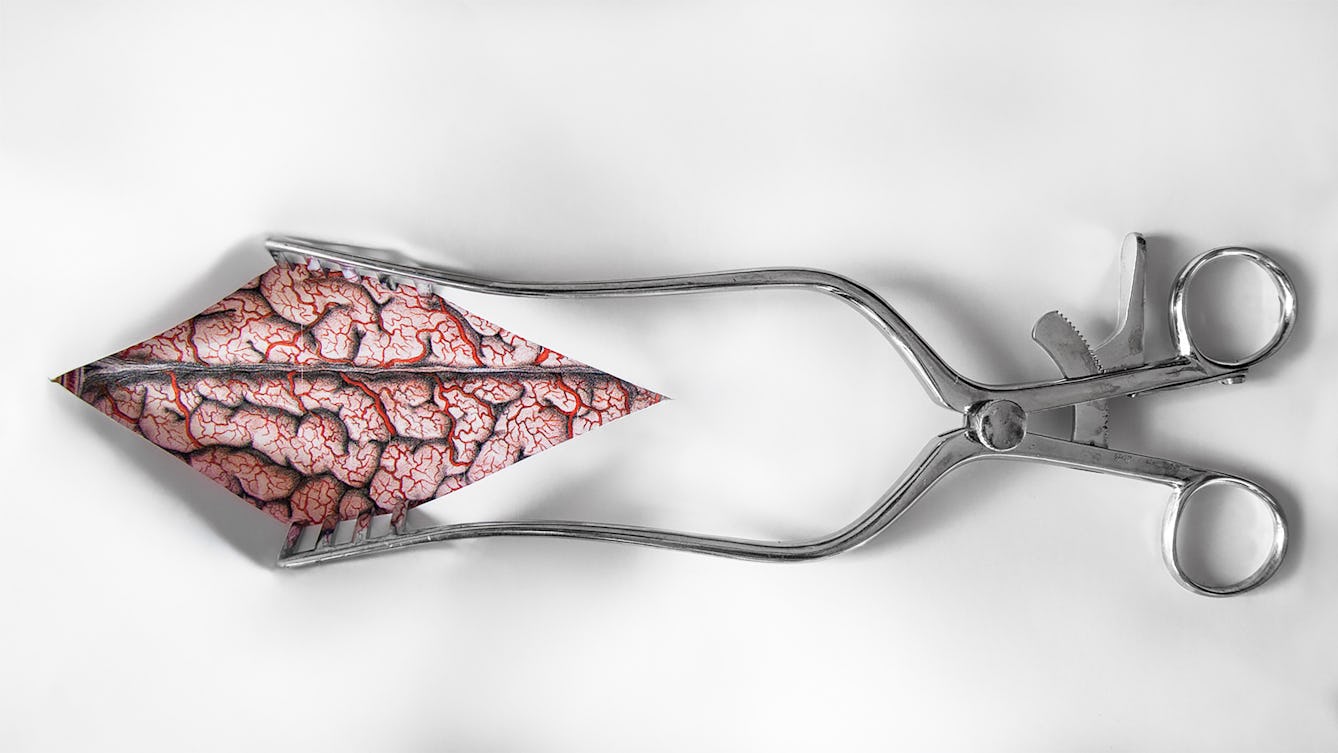
- Article
- Article
The mystery of the malignant brain
In 1884 a neurologist successfully used a patient’s symptoms, plus a new kind of map, to locate a brain tumour. Discover how his best-laid plans for treatment worked out.
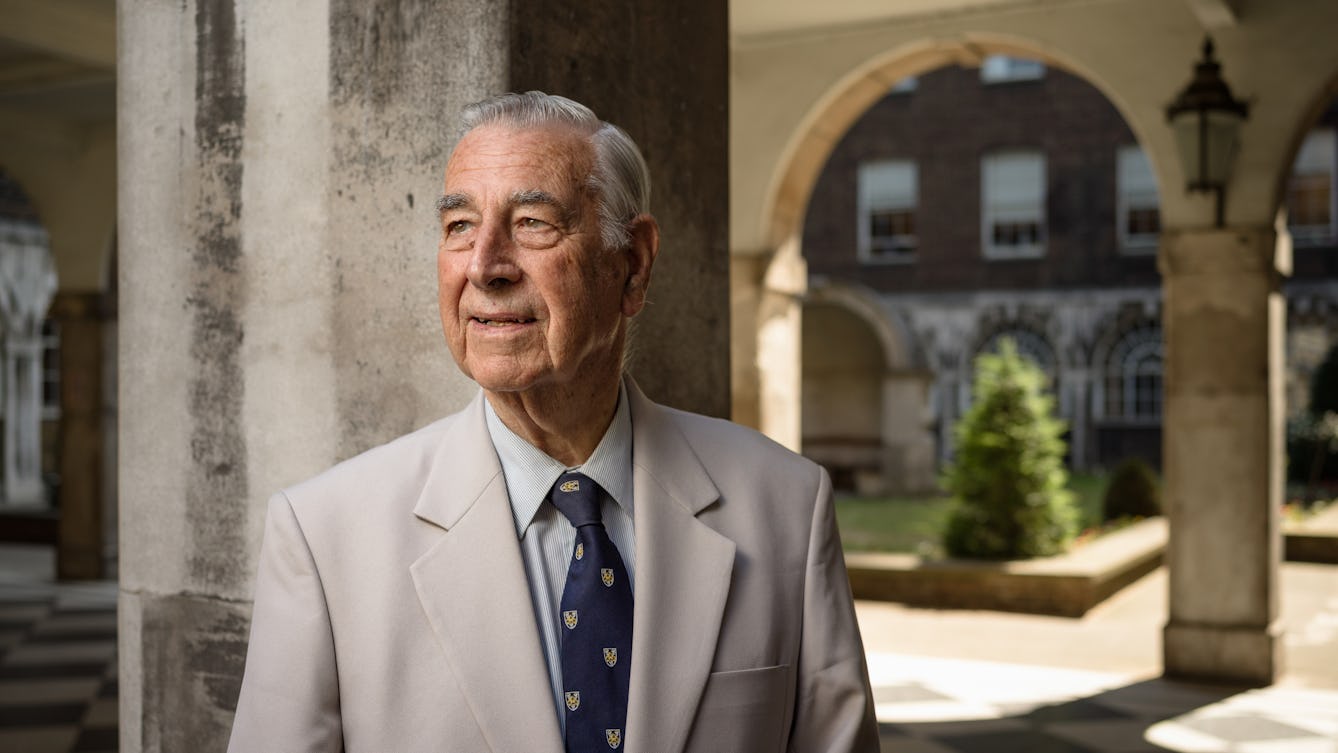
- Article
- Article
Fees, funding and the NHS
In the 1950s, dramatic political battles over NHS charges brought down a government. But public confidence in the service still grew.

- Article
- Article
Theriac: An ancient brand?
The name theriac survived for around for two millennia as a pharmaceutical term. But a ‘brand’ name is not always a guarantee of quality.
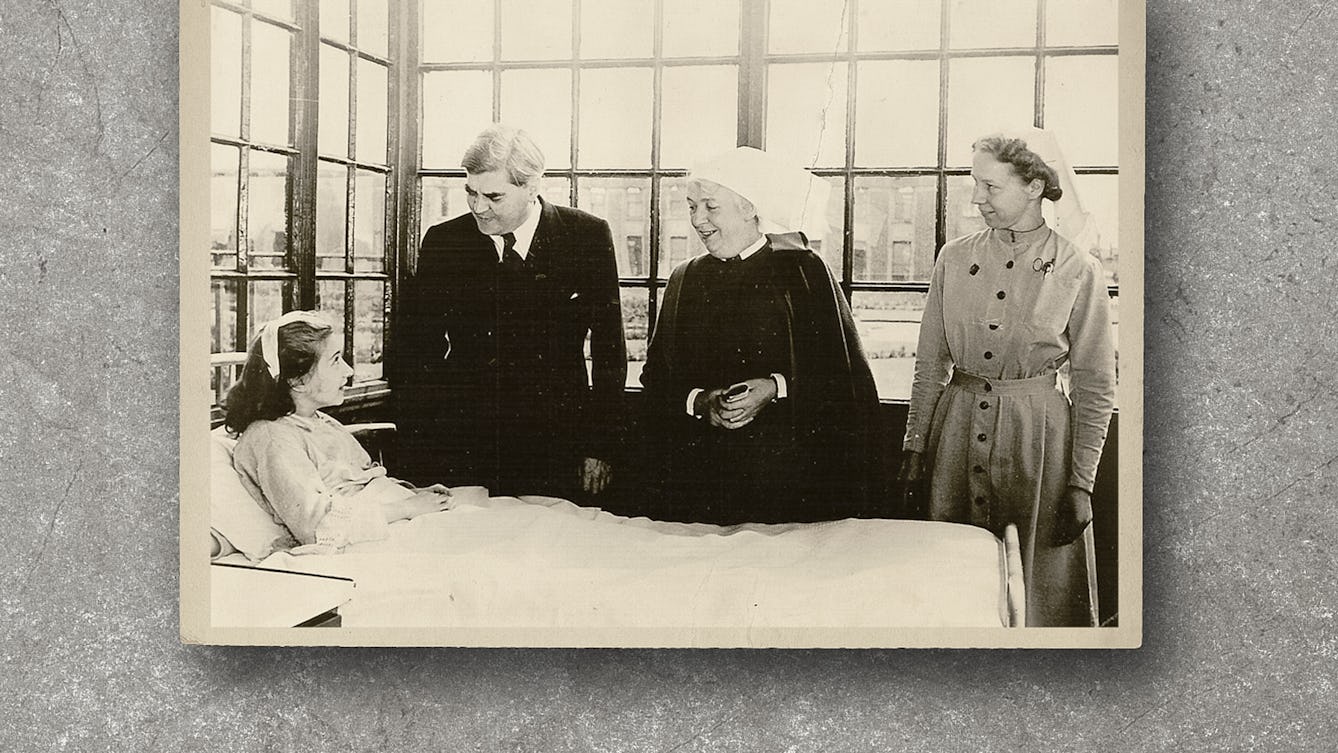
- In pictures
- In pictures
The friendly societies and healthcare
For a couple of centuries, friendly societies plugged the healthcare gap between expensive private care and charitable institutions for many thousands of people in the UK.

- Article
- Article
How can we prevent violence?
Evidence shows that strategies to prevent some types of violence can be very effective, while other, less well-acknowledged forms continue unabated. But hope can still guide us into a more peaceful future.
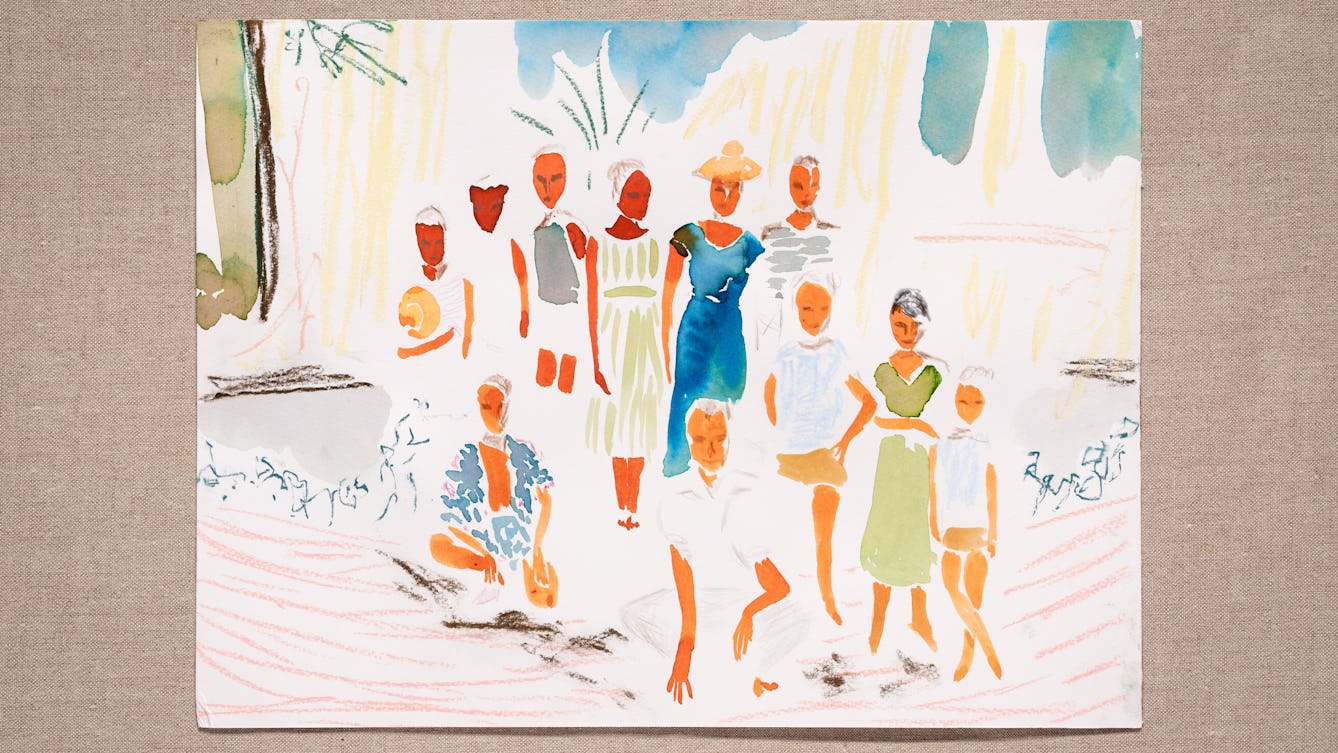
- Article
- Article
The house of Joan
The longueurs of hospital stays and enforced inactivity were the spur to Joan’s precise tailoring skills and flamboyant creations, all to the benefit of her fashion-loving sisters.

- Article
- Article
Chronic illness and the pressure to get well
When she was ill, Naomi Morris assumed she was on a straightforward journey from sickness to health. But what if our experiences of mental distress and ill health aren’t that neat?
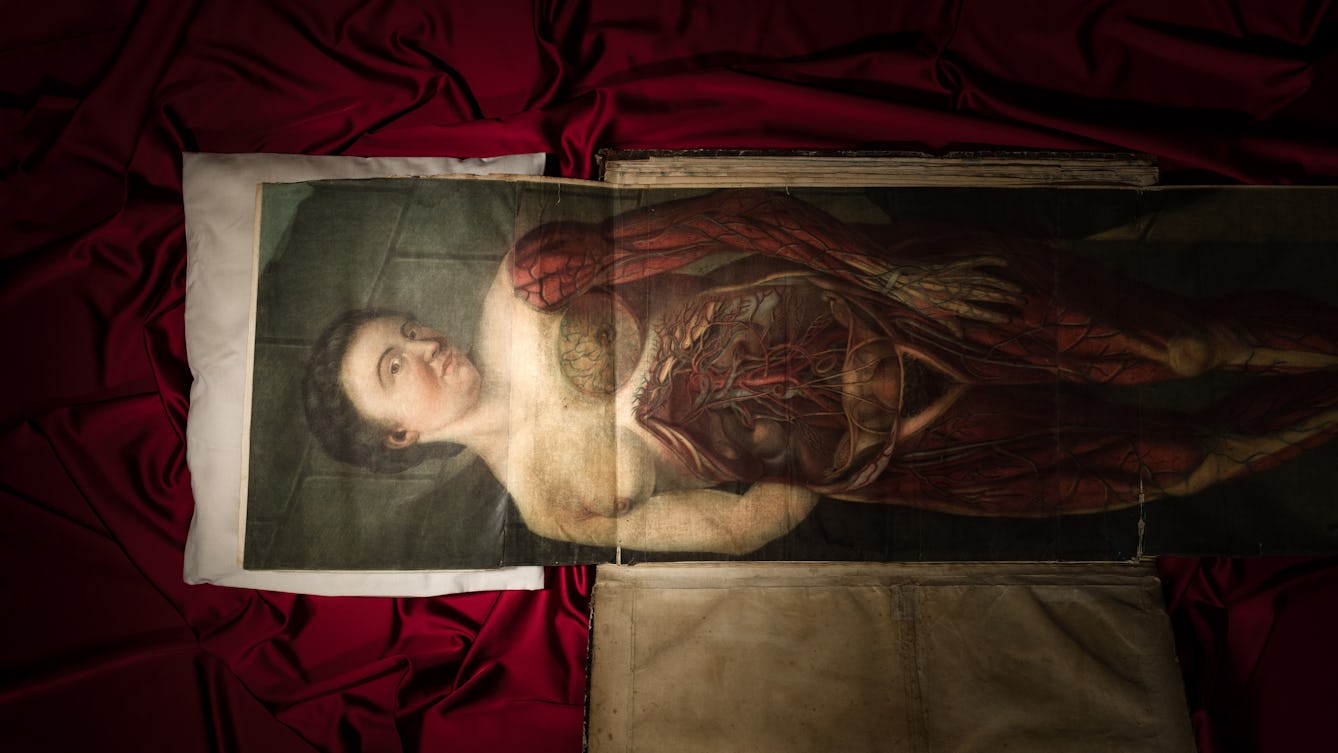
- Article
- Article
Printing the body
The 18th century saw multiple technical developments in both printing and medicine. Colourful collaborations ensued – to the benefit of growing ranks of medical students.

- Article
- Article
NHS strikes and the decade of discontent
When the social unrest of the 1970s spread to the NHS, dissatisfied staff challenged the status quo for the first time in quarter of a century.
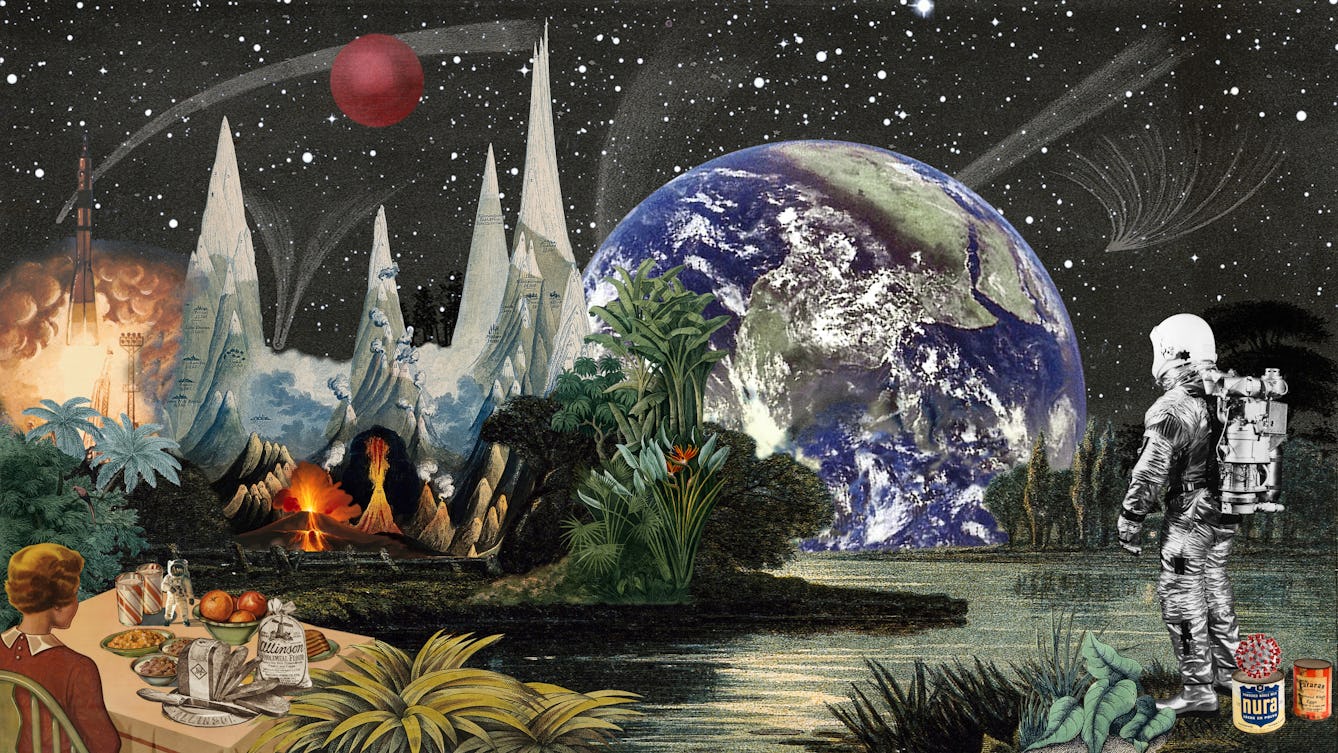
- Article
- Article
Homesick for planet Earth
Find out how homesick astronauts spend their free time, and how recreating home cooking from freeze-dried ingredients can cheer them all up.
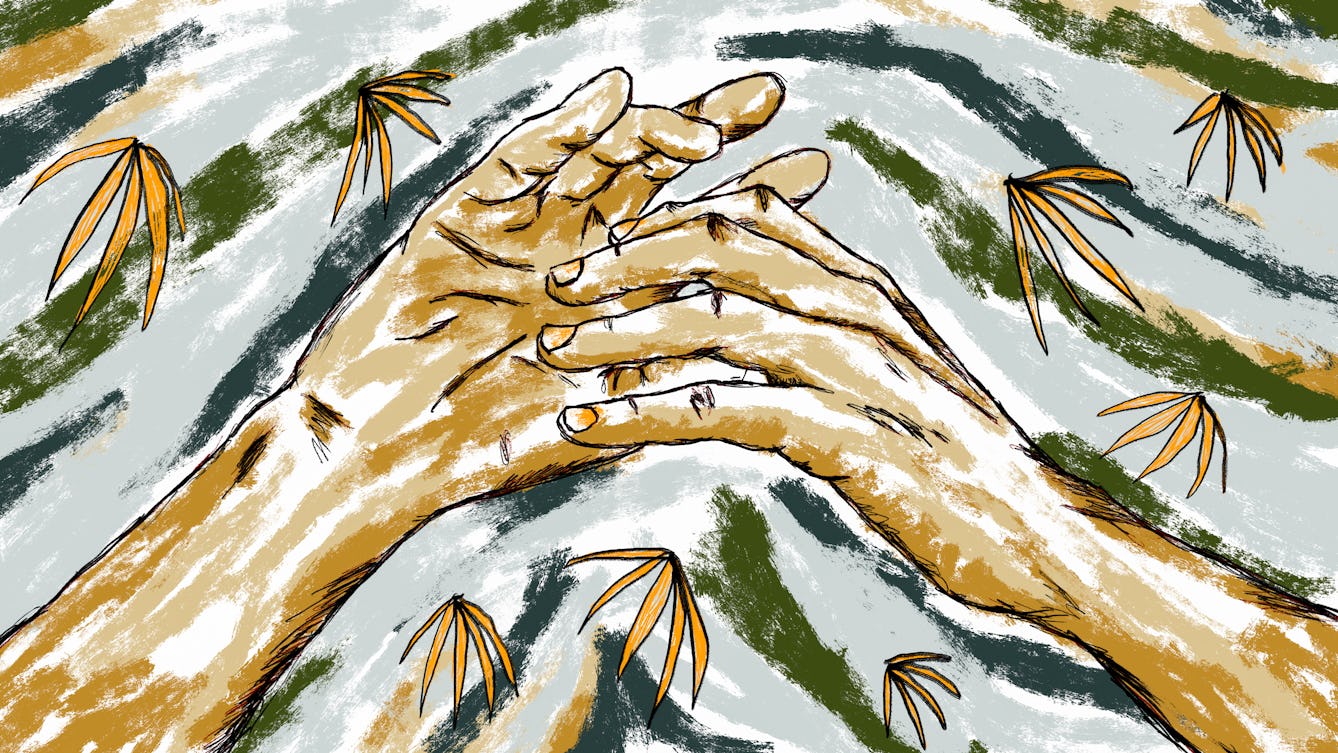
- Article
- Article
Surviving fatness
It took time for LMM to discover that being fat and poor are mutually exclusive. Here she describes resisting fatphobia by being visible and leaning in to the stereotype.

- Article
- Article
The painter, the psychiatrist and a fashion for hysteria
A dramatic painting brings a famous event in medical history alive. But it also tells a tale about the health preoccupations of the time.
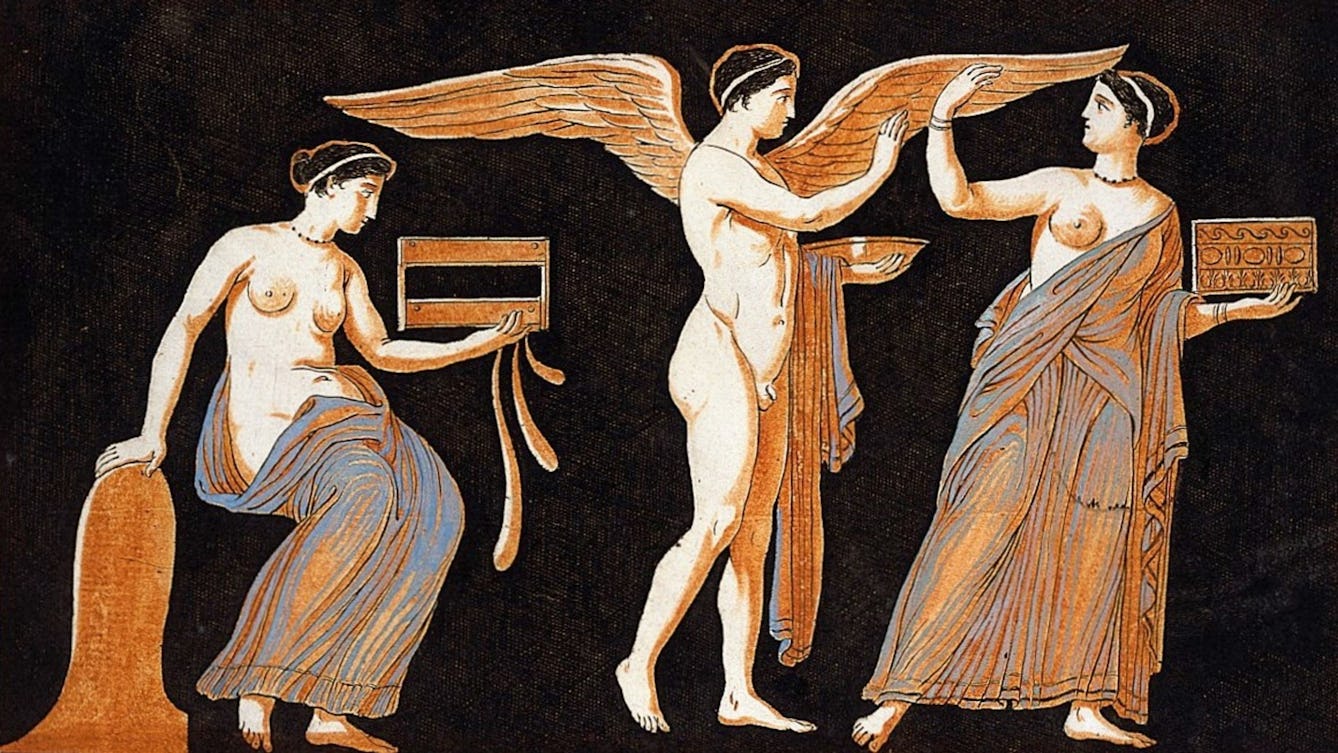
- Article
- Article
Genius spirits and the mystery of creative inspiration
Once upon a time, we all had a genius.

- Article
- Article
Eugenics and the welfare state
Indy Bhullar explores the ideas of William Beveridge and Richard Titmuss, who were strongly influenced by eugenic thinking, and yet championed the idea of the welfare state.
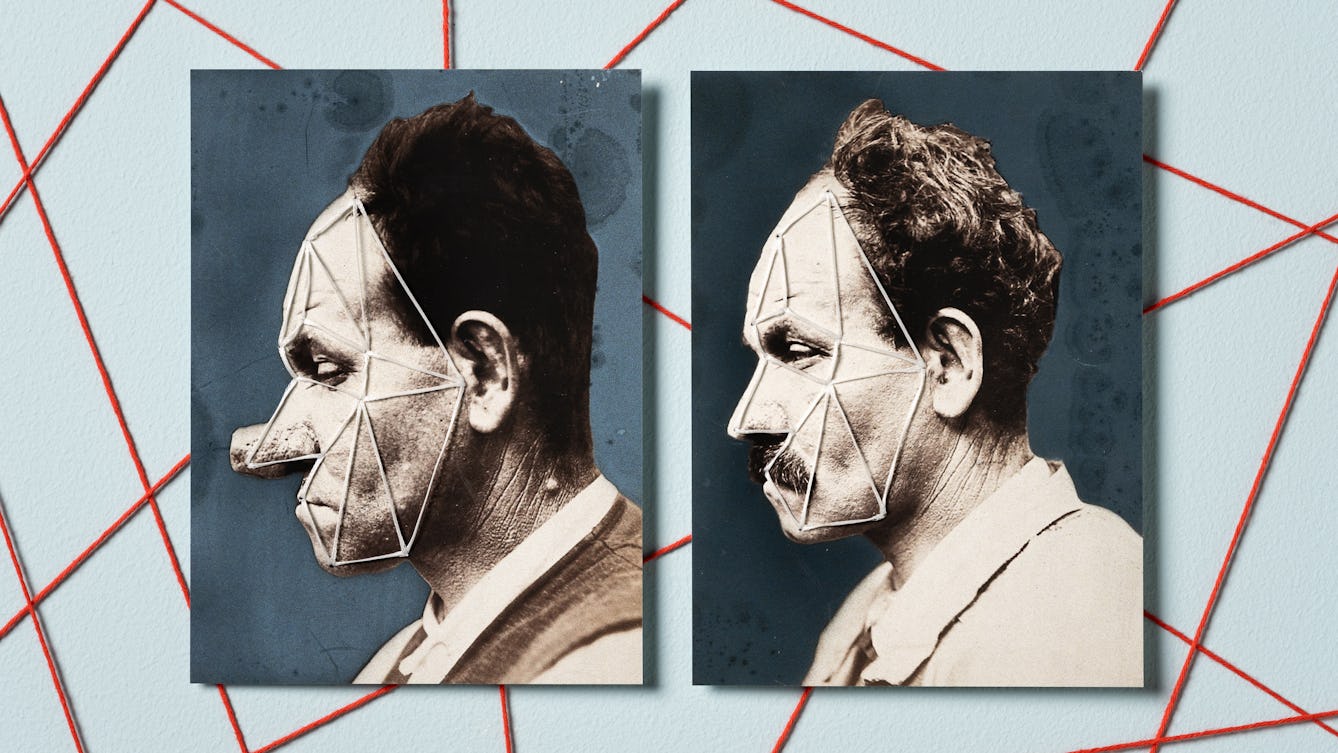
- Article
- Article
Why even plastic surgery can’t hide you from facial recognition
Once upon a time, plastic surgery allowed a few notorious criminals to evade the law. But today, sophisticated facial-recognition technology has turned dreams of anonymity to dust.
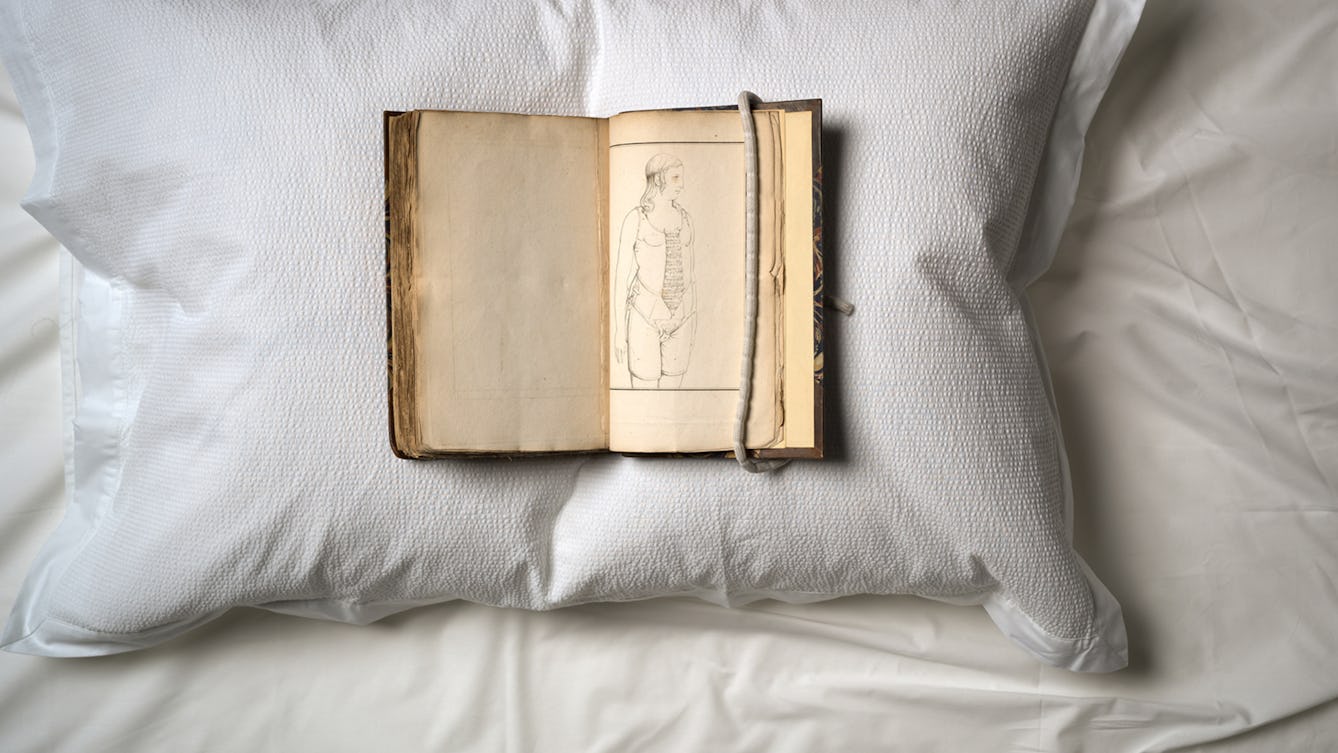
- Article
- Article
Female masturbation and the perils of pleasure
Dr Kate Lister exposes the brutal 19th-century ‘cures’ for women who indulged in masturbation.

- Article
- Article
When the sun goes down
Despite the country’s colonial and industrial dominion, the finest minds of Victorian Britain began to fear the devastating effects of declining natural resources. Even the death of the sun.
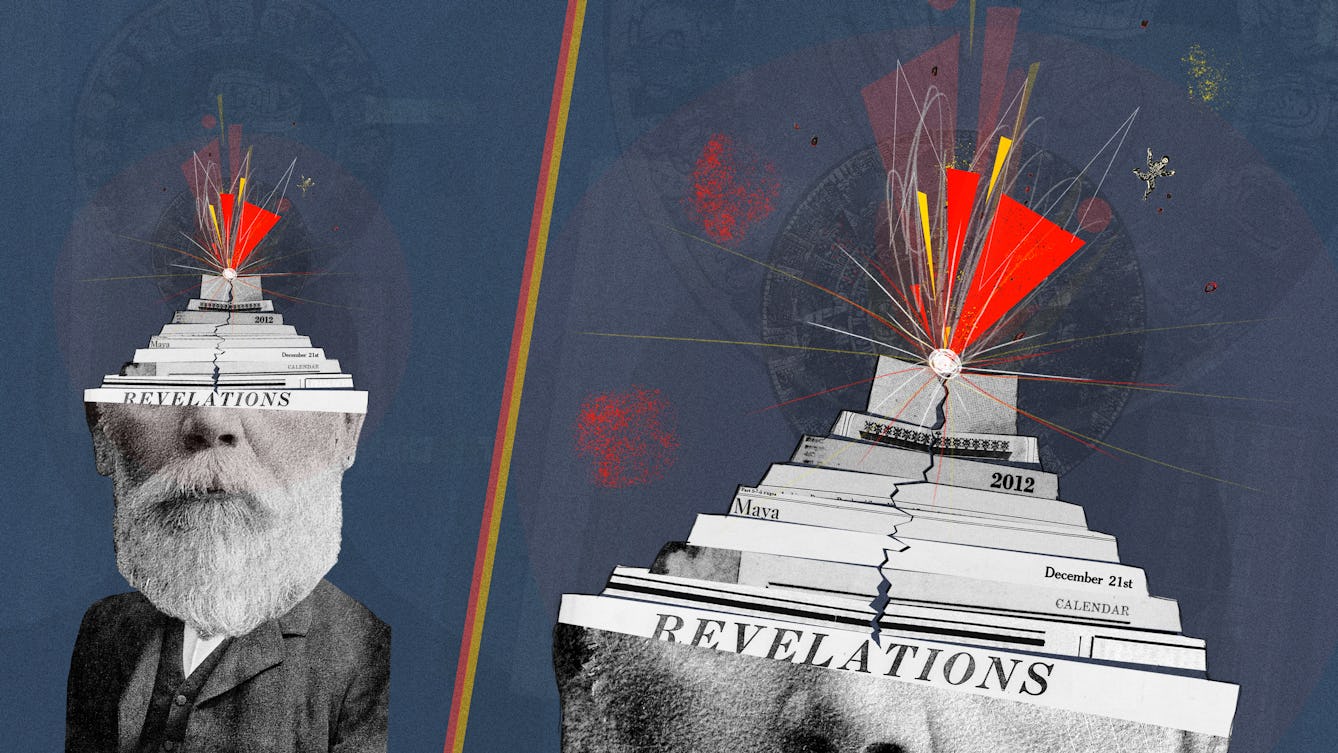
- Article
- Article
Deciding a date for the end of the world
When will the world end? Charlotte Sleigh explores how our obsession with dates and dramatic imaginings of the end can distract us from the dangers slowly creeping up on us.

- Article
- Article
Vaccinating a community, saving lives
Doctor Jane Harvey always goes the extra mile to care for her patients, and in recent months that’s extended to huge efforts to save lives with her coronavirus vaccination push.

- Article
- Article
Talent, tech and visual art
Jamie Hale finds a combination of talent and technology are crucial when it comes to creating great visual art, but how do you keep working when your circumstances are in constant flux?
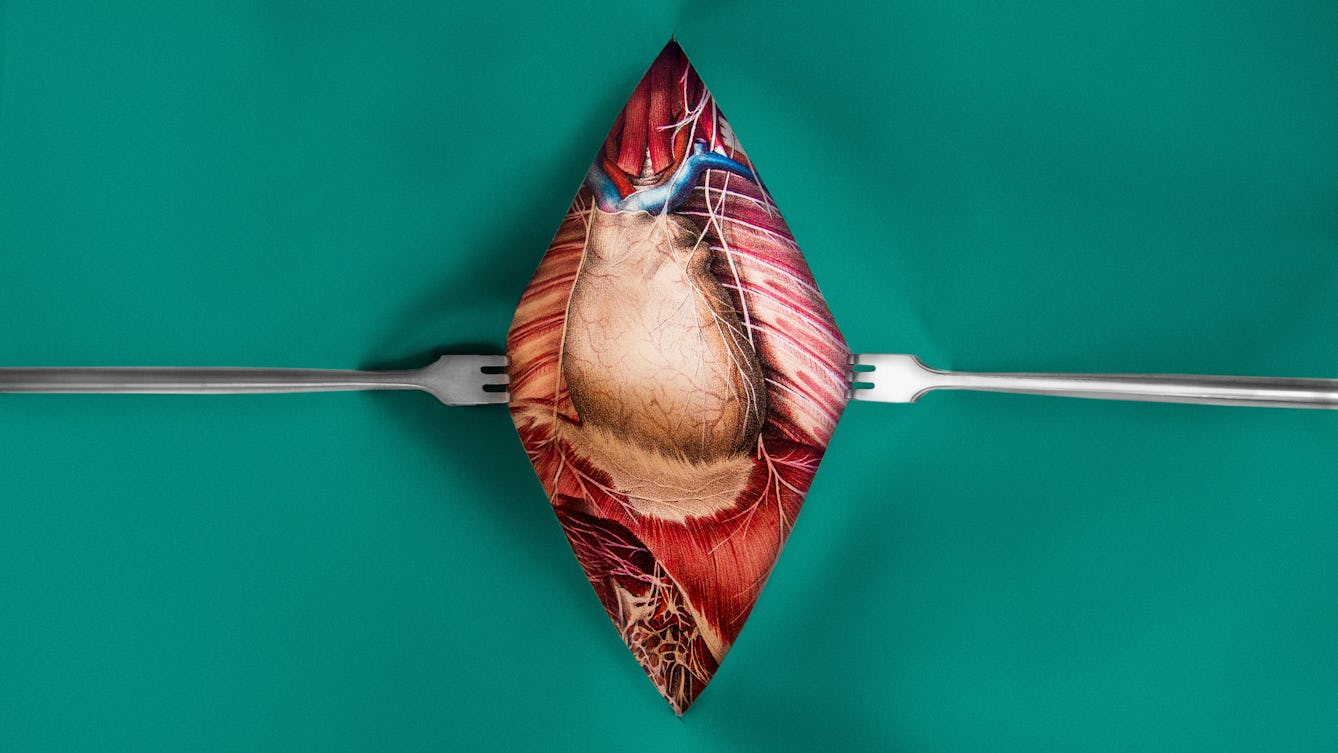
- Article
- Article
The problem of the punctured heart
During World War II a young American surgeon working in England perfected shrapnel-removal techniques that saved dozens of lives. Discover how one case sealed his reputation as the founder of cardiac surgery.

- Article
- Article
How the magician’s assistant creates the illusion
Without breaking the spell, performer Naomi Paxton reveals the subtle ways the magician’s assistant helps the audience to keep believing.

- Article
- Article
Building a dream in the garden suburbs
In the late 19th century a ‘garden suburb’ promised a retreat from London’s dirt and crowds. See how this new concept was developed to appeal to the health concerns of the literary classes.

- Article
- Article
The tale of the toxic kidneys
In 1954 a serendipitous coming together of skills and circumstances allowed the first successful organ transplant to take place. Read how Richard Herrick’s life was prolonged by his identical twin’s generosity.